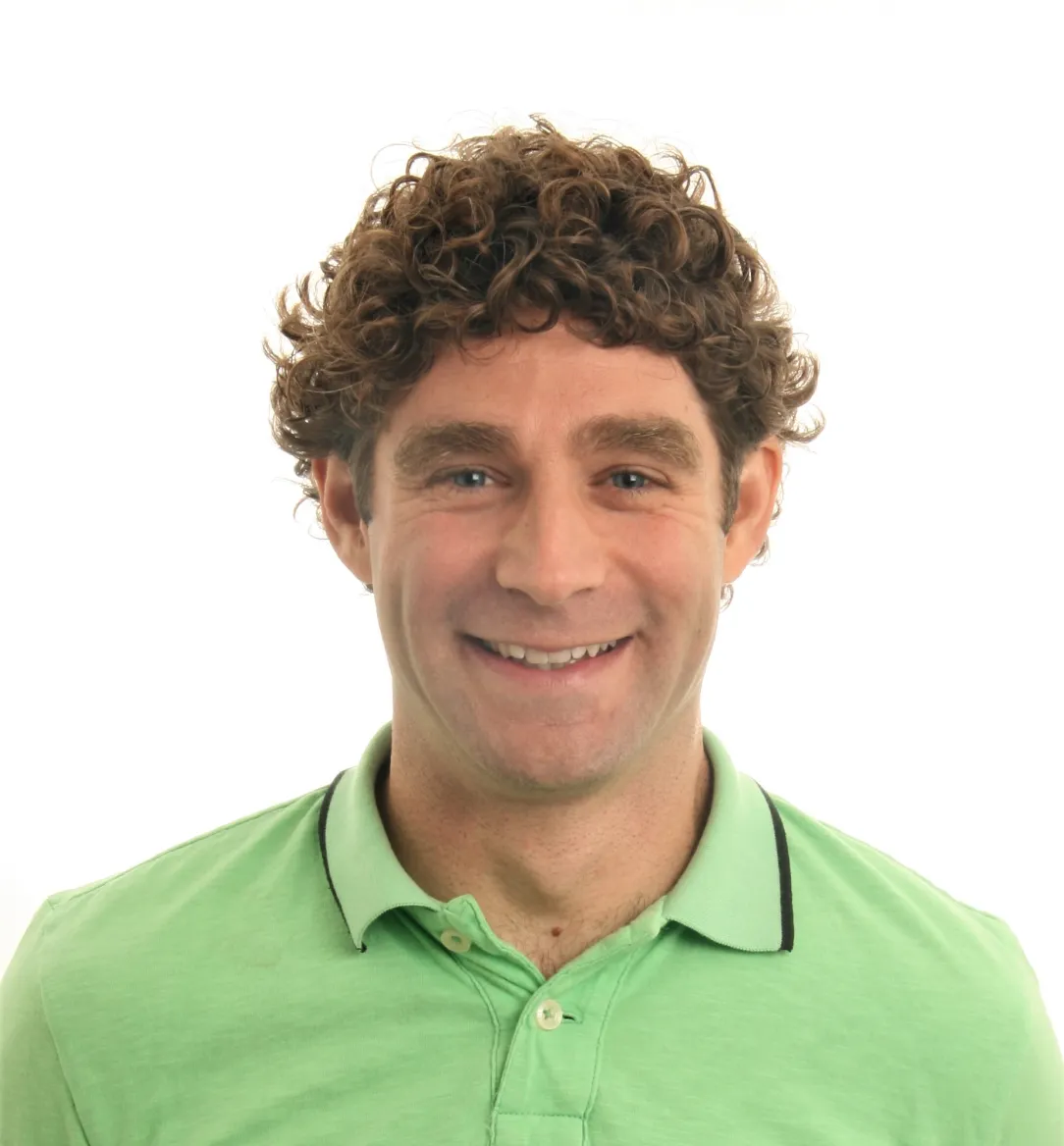Knowing when a bolt will break before it does break. Knowing how many kilograms of pressure a structure can withstand before it collapses or knowing the snow load a solar panel can handle. RISE’s Component Strength testbed helps to ensure one of the most fundamental elements in a structure: that it will hold when it needs to.
“Much of our expertise relates to ensuring that customers get they want in reality, not just what they ask for,” says Daniel Vennetti, Unit Manager at RISE.
How many years of bobbing in the waves can your upcoming wave energy converter withstand? How many metres per second can the wind blow before your solar panel is blown off the roof? And does your ladder meet applicable rules regarding design and strength?
When it comes to strength –no matter if it’s a bolt, an entire wall or cracks in a rock – the RISE test bed is an indispensable knowledge bank for ensuring safety in your project. With the testbed – a powerful 60-by-24-metre lab with heavy machinery and sophisticated measuring equipment – RISE can perform tests with very few limitations. Among other things, there is a large testing machine in Borås that can apply up to 2,000 tonnes of pressure and pull with a force of 500 tonnes.
– “The lab is not limited to a specific field or industry – we can run tests for widely different fields,” says Daniel Vennetti, who after 13 years at RISE and a former project manager in the lab has deep knowledge of all parts of the testbed. “We can take things to the extreme limit of what they can handle. And it doesn’t matter what is tested. We can do mechanical tests regardless of the field.”
Permanent and temporary test equipment
The testbed includes seven permanent pieces of testing equipment, some temporary equipment, a central pump system that serves the servo-hydraulic equipment, as well as two overhead cranes. The lab also has a post-tensioned floor – a 0.8-metre-thick reinforced concrete floor measuring 40 x19 metres – on which RISE can construct rigs that can be secured to the floor, like a giant Meccano. Large structures can be built up which can then be tested with cylinders that pull and compress the structures.
– “For example, we can build an eight-metre scaffolding, which we then conduct a full-scale test on,” explains Vennetti. “We compress and pull until something breaks. We have both height and capacity in the lab.”
Ensuring that customers receive the right data to get their products certified is part of the core business of RISE’s test beds. But among the assignments, there aren’t really any typical projects. They can involve testing the load a wall element can handle, which will provide better insulation when renovating older buildings. Or testing the strength of renewable energy products. Other times, RISE performs pure fatigue tests.
– “All new technology must actually be assured so that you know it will last. This is where we come in.”
All new technology must actually be assured so that you know it will last
Field tests
Although much of the testbed testing takes place in the lab, RISE also performs tests in the field. Both inspections and strength tests on-site – everything from testing bolts in bedrock to testing that aircraft can be securely anchored at an airport.
But to truly get an idea of a product’s strength and what it means in practice, you need to analyse the test results. And in addition to performing the tests, RISE can also process the data produced.
– “Many customers may think that we only do the testing. But since we also have employees who work with evaluations and calculations in addition to the lab, we have knowledge of the entire chain. We can help calculate as well as provide sophisticated measurement methods that can offer greater insight into the calculations.”
Support in validation and quality assurance
The knowledge possessed by the team also means that RISE can lend support even when customers opt to do the calculations on their own. For this, RISE can help to validate and quality assure the customer’s calculations.
– “It’s a strength – having both the practical possibilities in the lab and the theoretical knowledge in order to hold discussions with customers who perform their own calculations.”
According to Vennetti, some operators in the industry are forgoing testing in labs since they have good options for calculating strength. Here, RISE can help to ensure that the calculations are correct. This involves Vennetti and his colleagues examining sensitive areas in the calculations and determining which parameters are important to make sure are correct – and which are less important.
– “Many operators place too much trust in the calculations without having validated them through testing. We can help to both validate and quality assure the calculations because we have experts in this area. It’s an important skill.”
Being a sounding board for the customer can often be crucial. Because even a customer has both knowledge and experience, RISE can offer a perspective that the customer perhaps did not consider. And many customers do not always know exactly what they are looking for until they have discussed things with RISE.
– “Maybe you believe the structure should only hold for a certain load while we might raise a factor such as fatigue. The load may come and go continually. Maybe that’s what you really need to consider,” concludes Daniel Vennetti.
